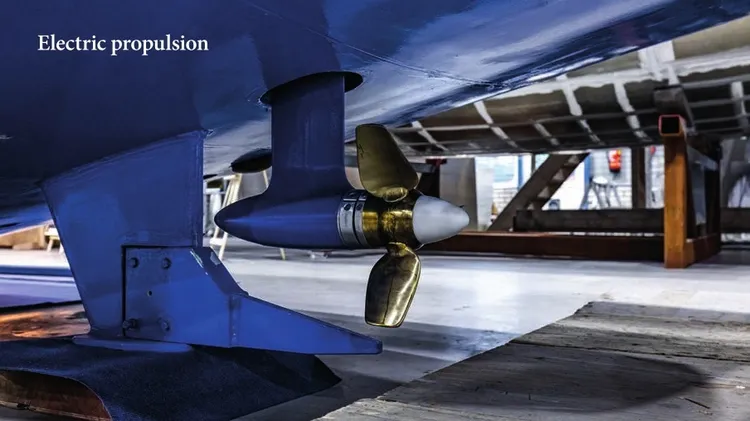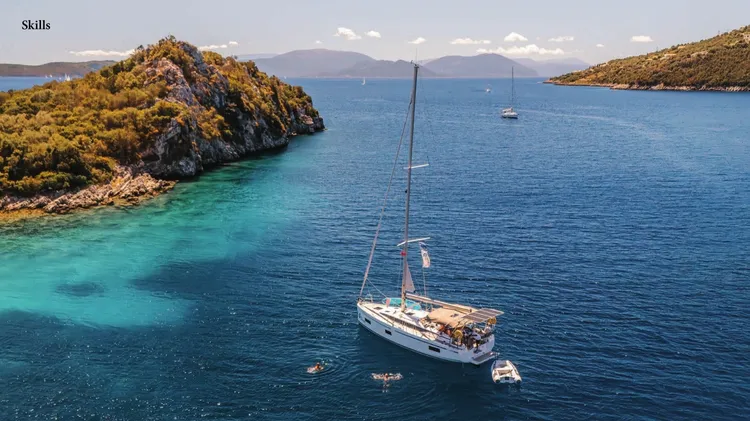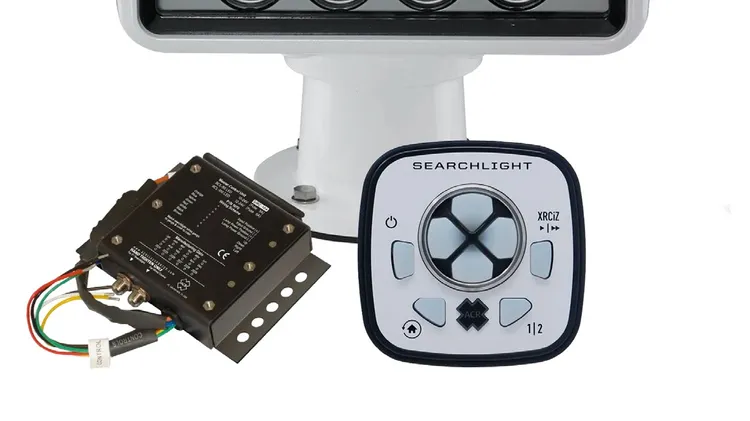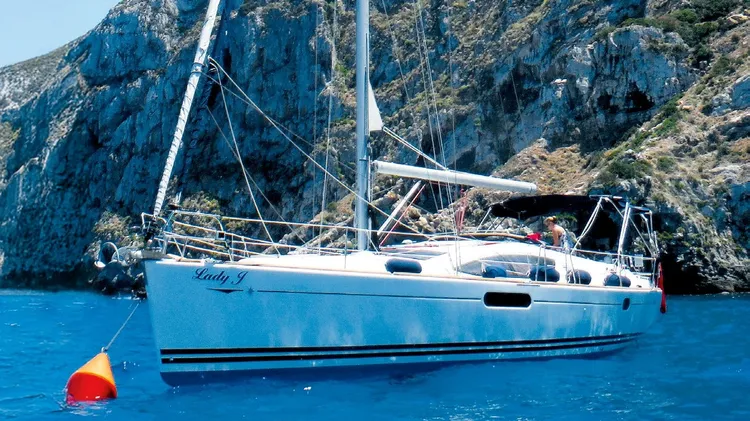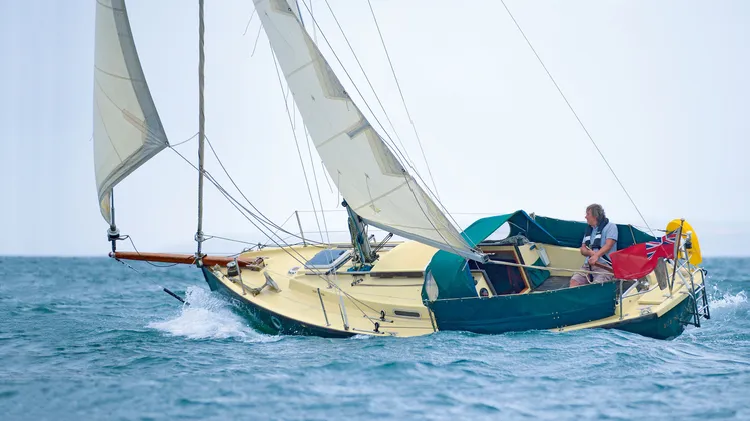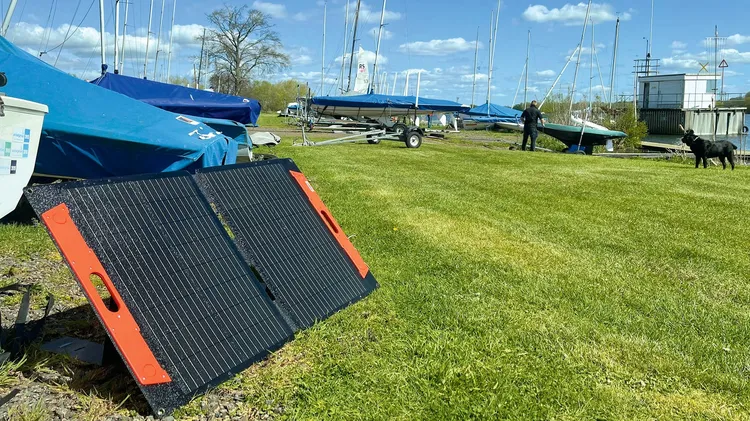A new report in to cutting the carbon footprint throughout the marine in
An electrifying issue
3 min read
This article is from...
Read this article and 8000+ more magazines and newspapers on Readly

